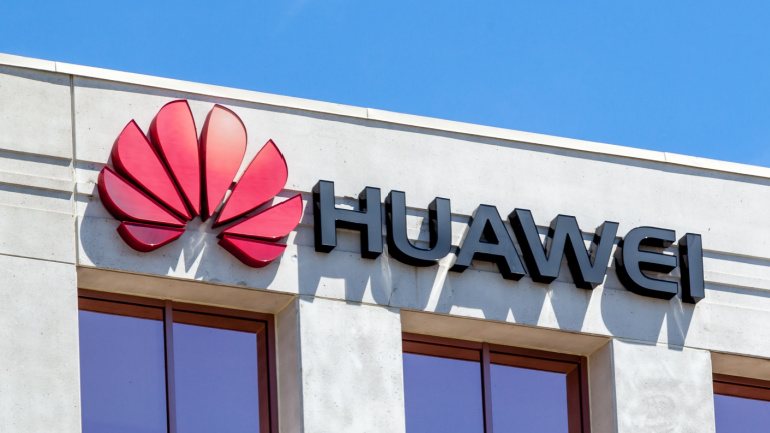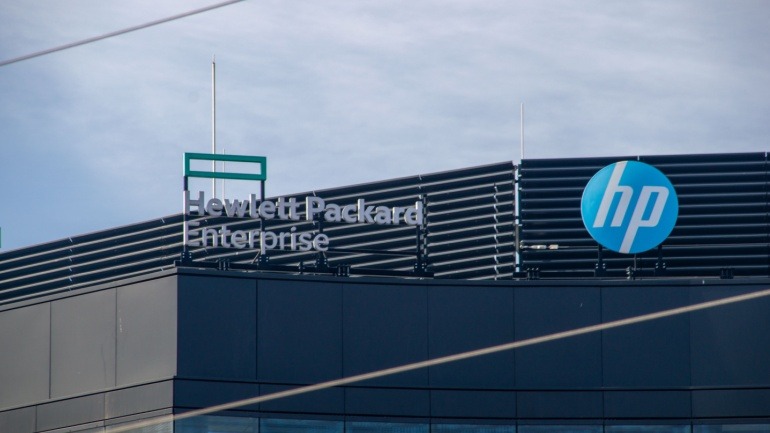Huawei’s Head of Intellectual Property, Alan Fan, announced in a press release an intellectual property cross-licensing agreement with Sharp. “This license shows mutual acceptance of intellectual property from two standard contributors, fostering cooperation in standardisation. Our collaboration with global and Japanese partners on standards development has been fruitful, and will continue. Such advanced technical standards improve user experience, foster competition and decrease device and service costs,” said Fan.
Sharp’s Executive Managing Officer, Mototaka Taneya, recognized the mutual respect for the value of each company’s intellectual property that this agreement demonstrates. “We have settled on a global patent cross-licensing agreement with Huawei under fair, reasonable, and non-discriminatory terms,” he said.
However, the release did not specify the duration of the deal, nor the financial details. Such exclusions are not uncommon. For instance, Huawei signed another global patent cross-licensing agreement with the Chinese electronics manufacturer Xiaomi Inc, which encapsulates technologies such as 5G. This is in addition to the firm’s existing patent agreements with Samsung, Audi, Oppo, and Porsche to mention a few.
Hence, acknowledging the value of intellectual property between companies leads to the creation of a virtuous circle of investment, return, and reinvestment in high-value standards. This mechanism enables continuous innovation, leading to more competitive products and services for consumers.
Moreover, Huawei disclosed last year in July that it received $560 million in royalty revenues from its patent deals. “Huawei is open to sharing its cutting-edge innovations in the form of patents with the world,” stated the company’s Chief Legal Officer, Song Liuping. He further added, “These will bolster the mutual, sustainable development of industries worldwide.”







